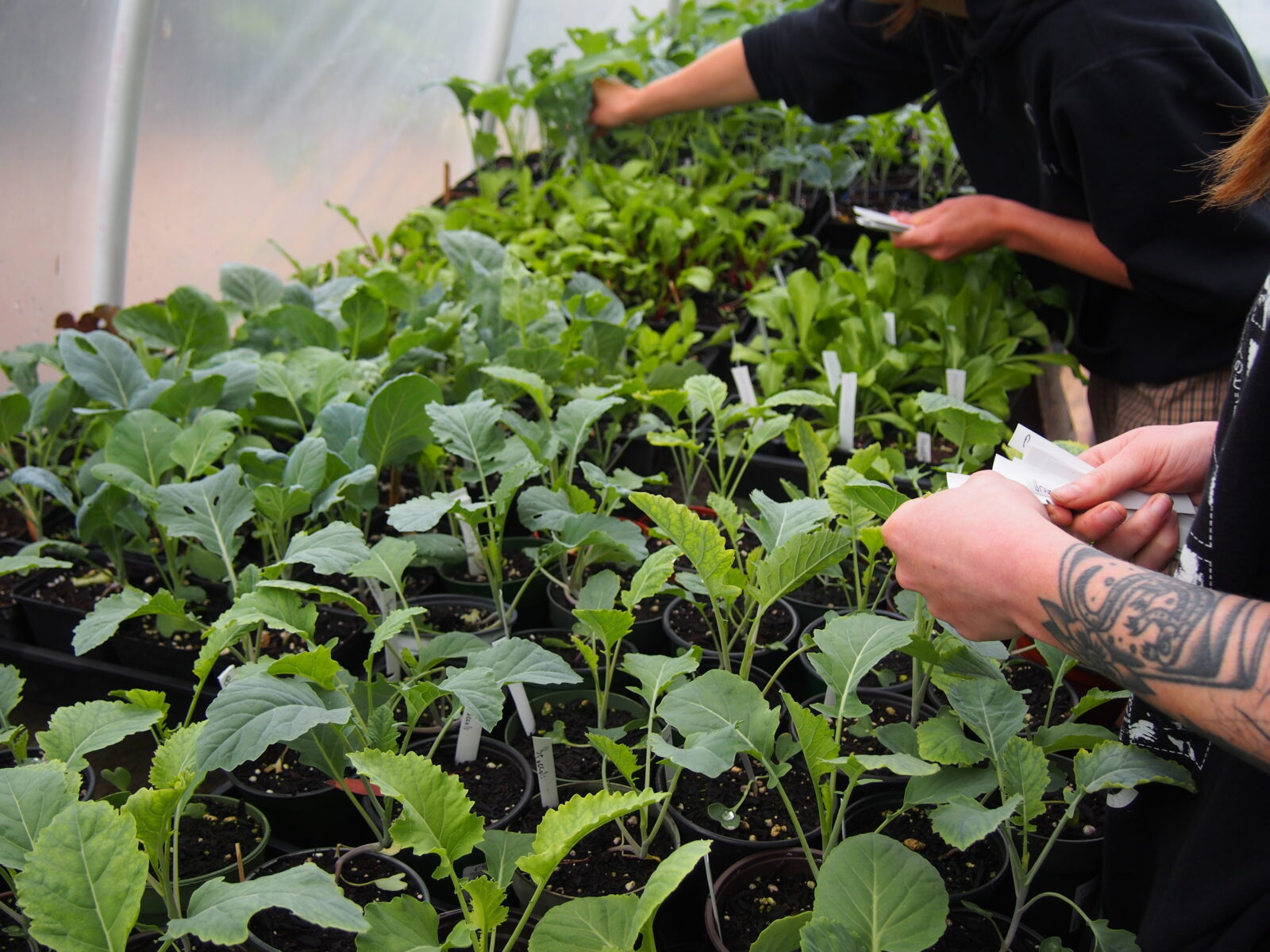
RESOURCES
Factsheets
Curious about composting or organic food growing methods? We’ve got factsheets to cover all of your bases!
-
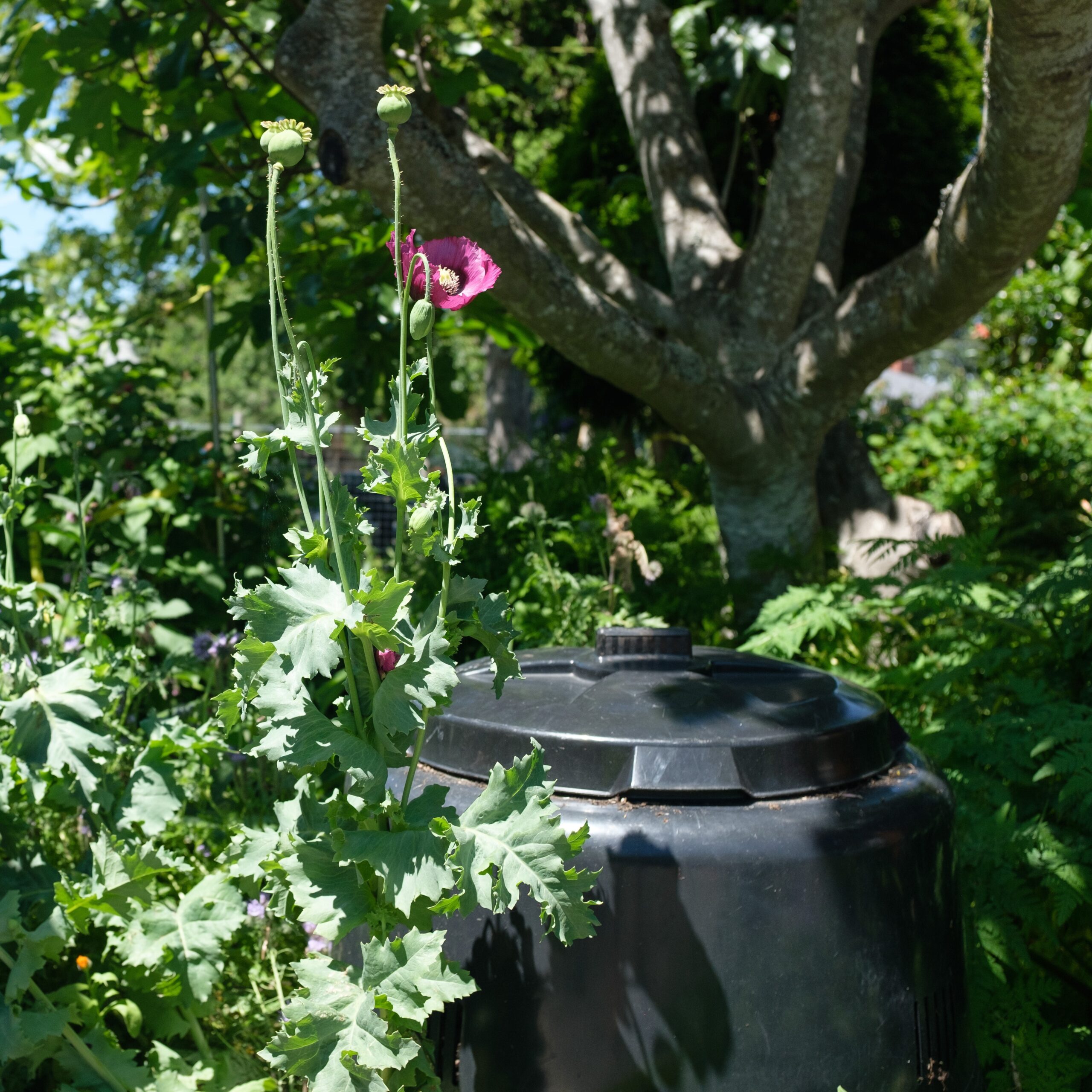
#1 Backyard Composting
Backyard composting is a way to recycle plants, animals, and other organisms back into the soil.
-
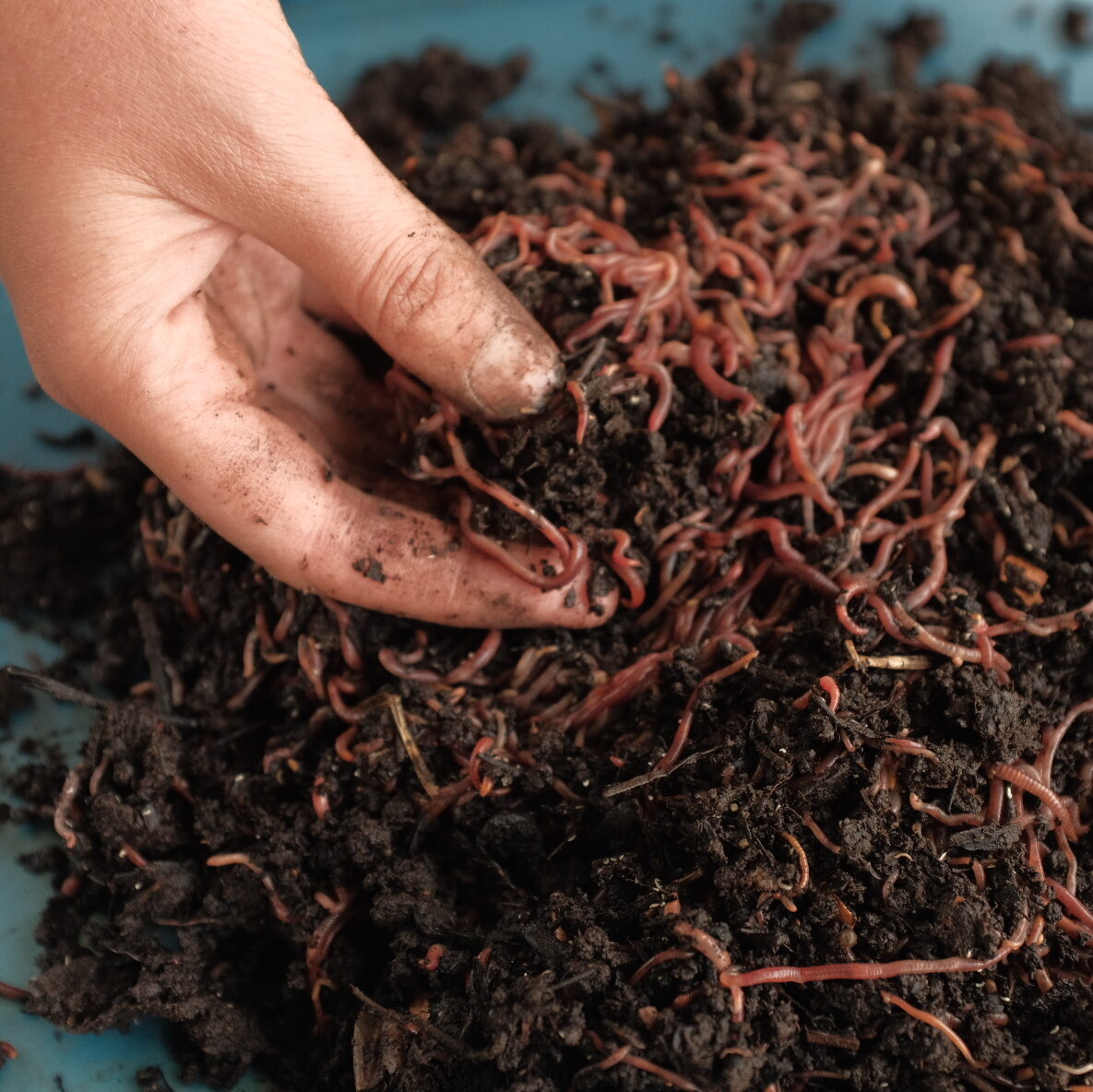
#2 Vermicomposting
Vermicomposting, or worm composting is an easy process that requires only a few simple components: some red wriggler worms, a ventilated bin, bedding for the worms to live in, food for the worms, and some time to harvest their nutrient rich castings.
-
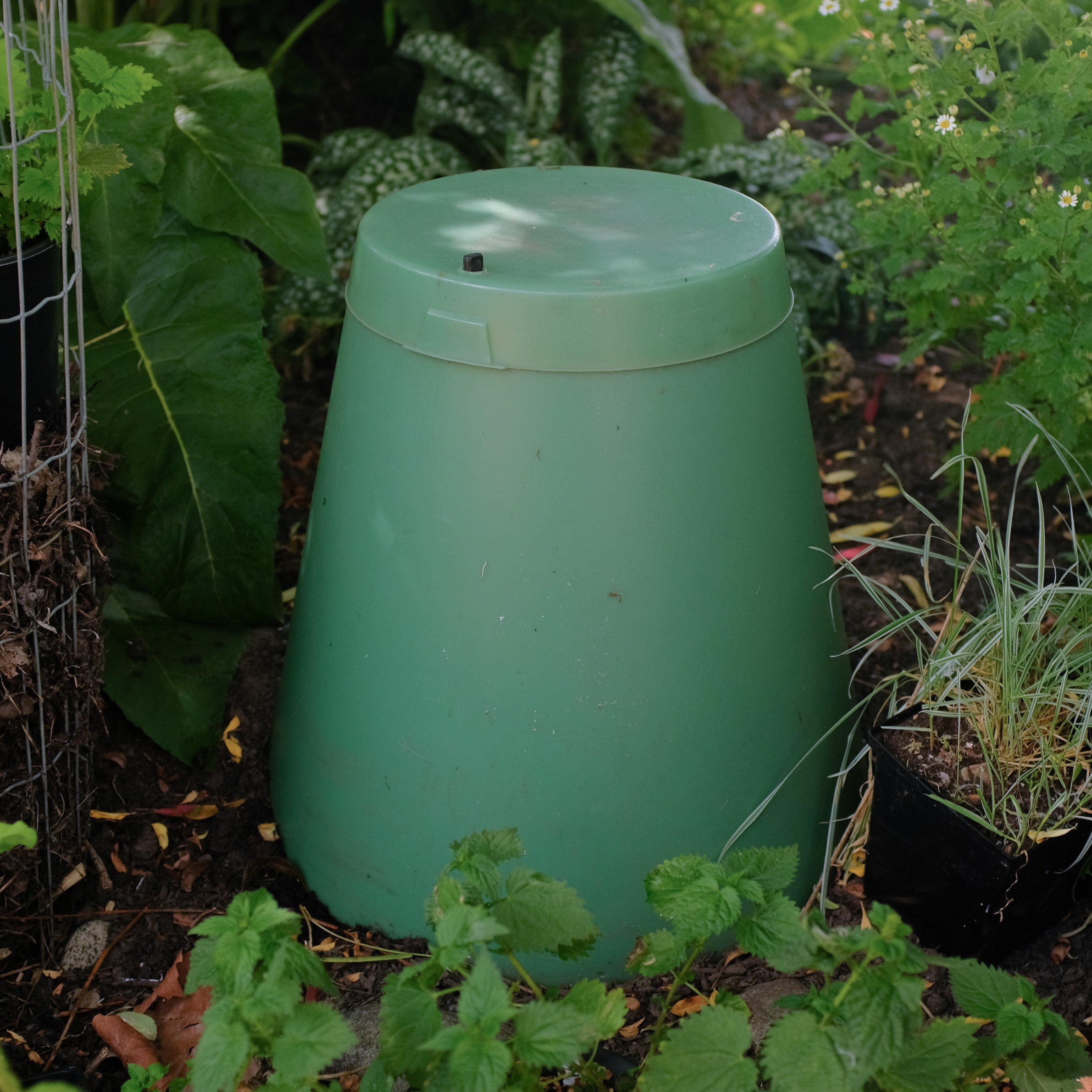
#3 Backyard Food Waste Digester
Food waste digesters are the easiest way to compost any type of kitchen scraps, including hard to manage kitchen waste like meat, breads, dairy and processed foods. Since these food scraps often attract rodents, the enclosed, half-buried digester acts as a deterrent, keeping rodents out of your compost and away from your home.
-
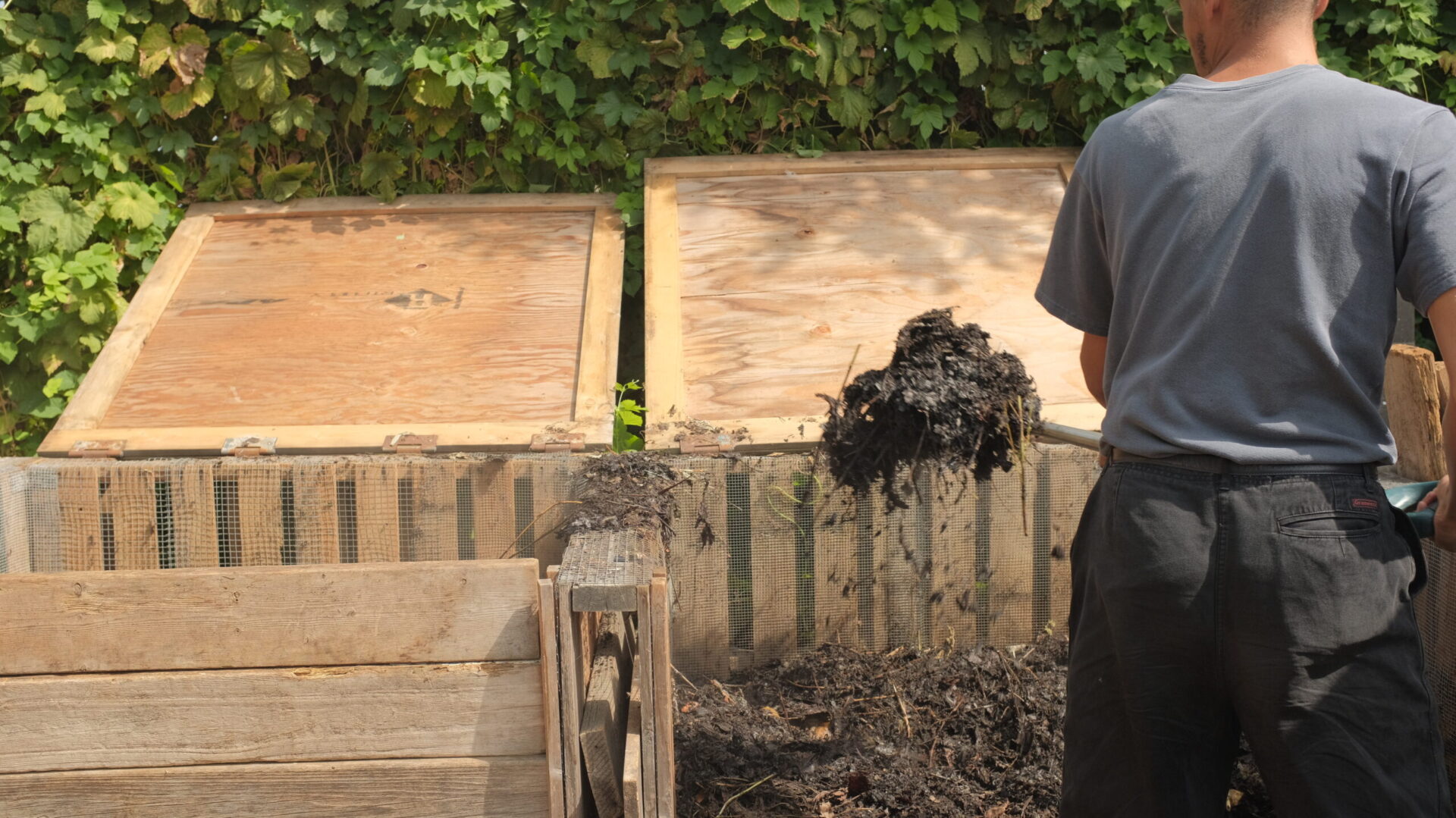
#4 Hot Composting
Hot composting is an effective way to make large quantities of compost, in as little as 3 months.
-

#5 Trench Composting
Trench composting, or trenching, is a way of composting by burying food scraps directly in the garden. This method of composting is effective for materials that attract rodents such as meat, dairy, breads and cooked foods.
-
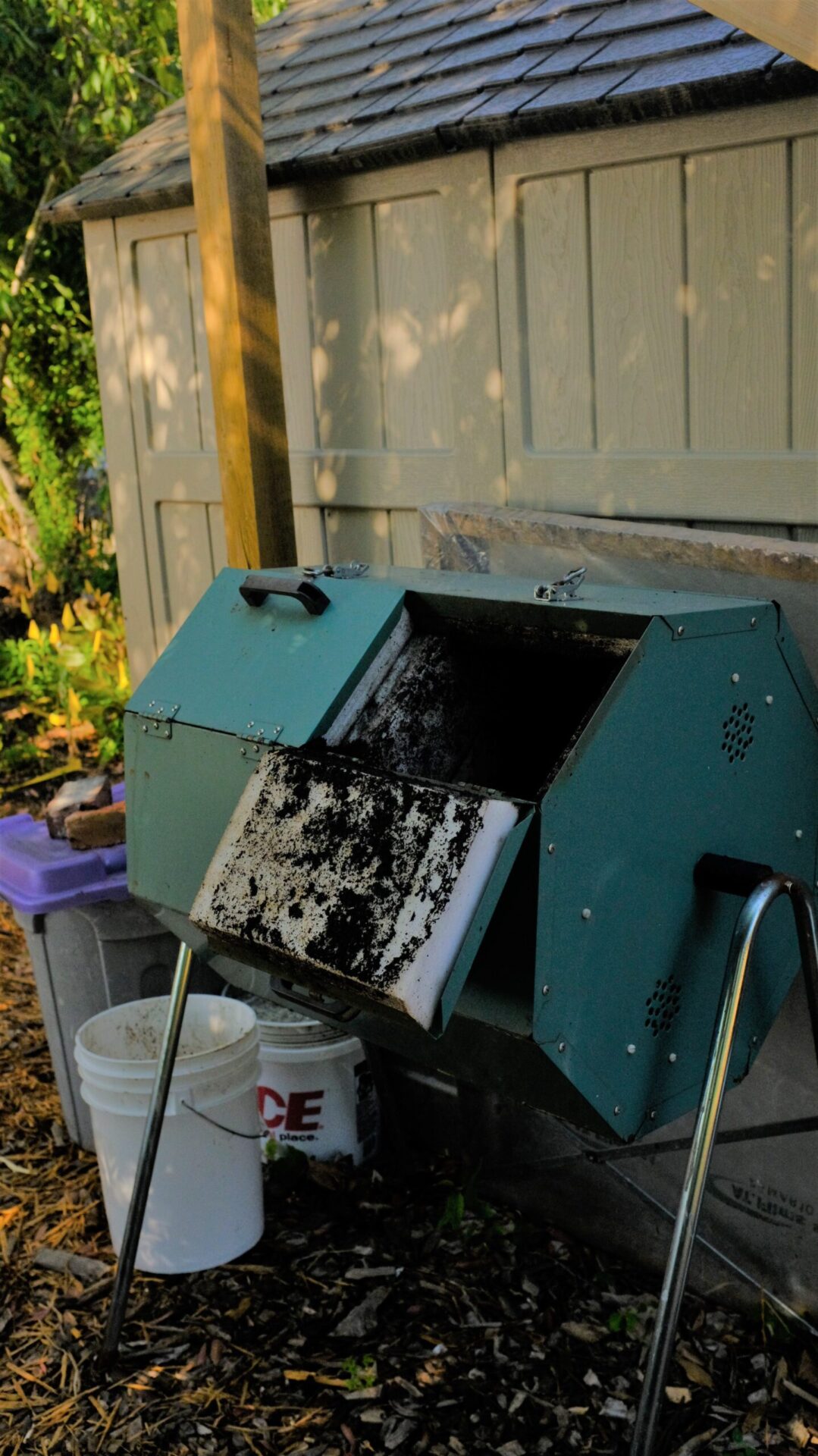
#9 Tumbler Composter
Tumbler composters can be a tidier way to create compost for people concerned about rodent resistance, or for those who have difficulty aerating their compost bins.
-
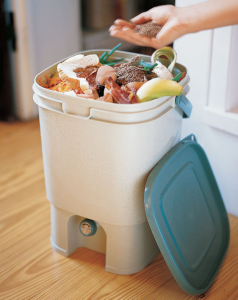
#10 Bokashi
Learn how to use a Bokashi system, a great alternative to the Backyard Food Waste Digester.
-
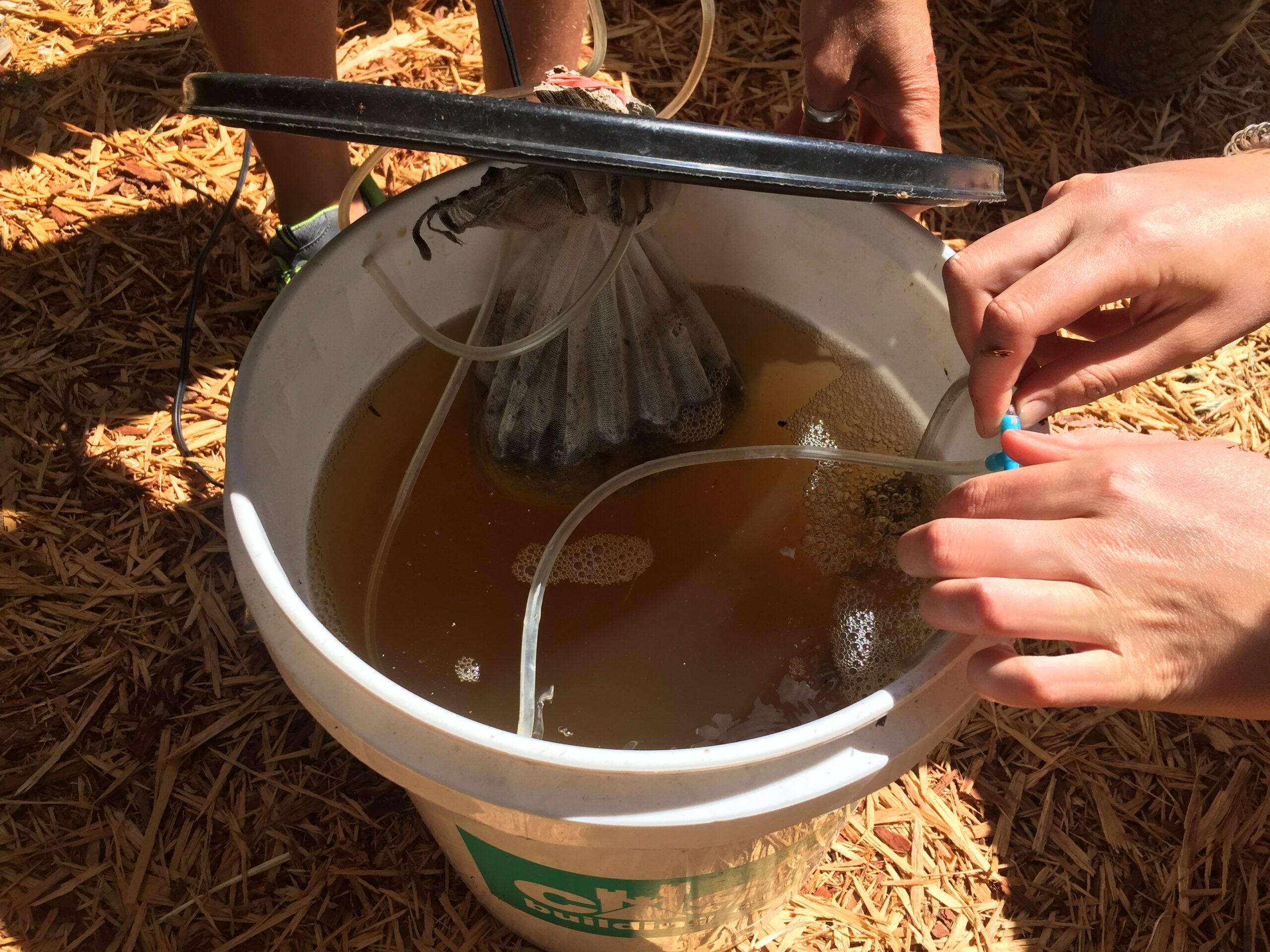
#13 Compost Tea
Compost tea boosts the immune system of your garden via the principles of competition, so that high beneficial microbial populations take up available habitat in the garden and leave no room for pathogens.
-
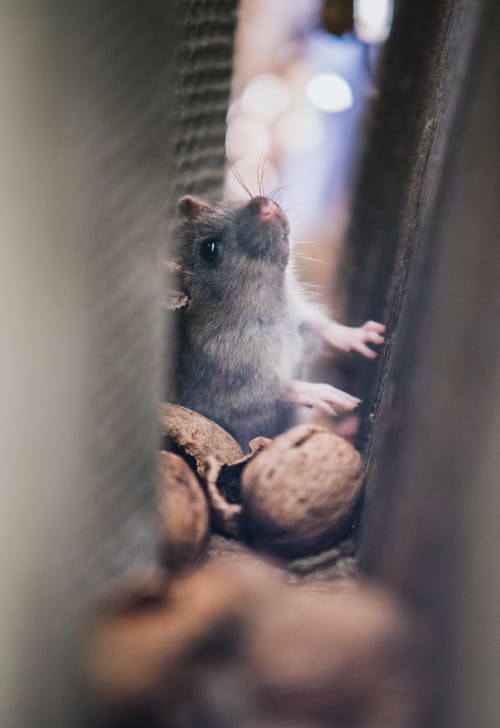
#18 Vermin Resistance
A roadmap to preventing rodents from entering your compost pile.
